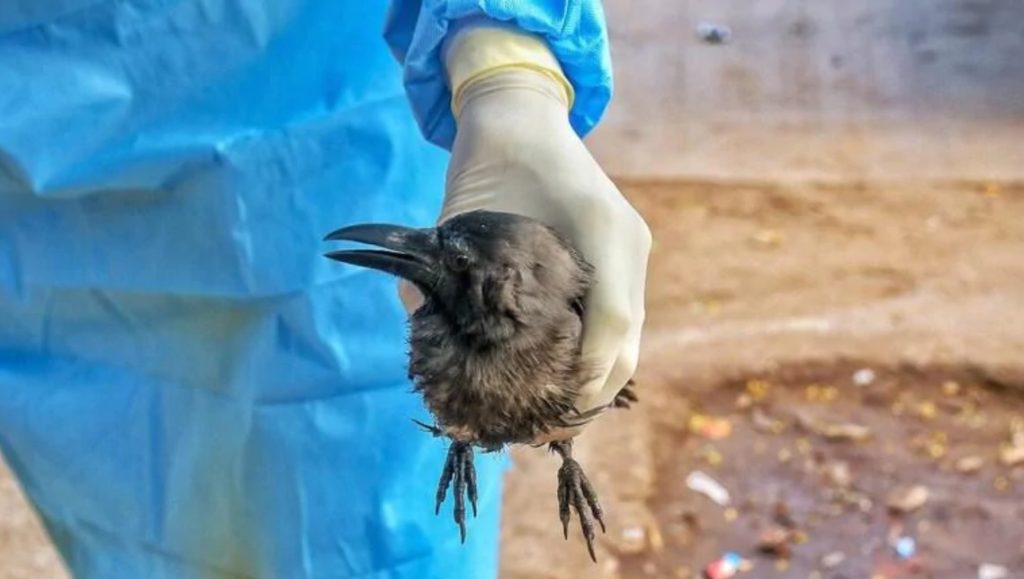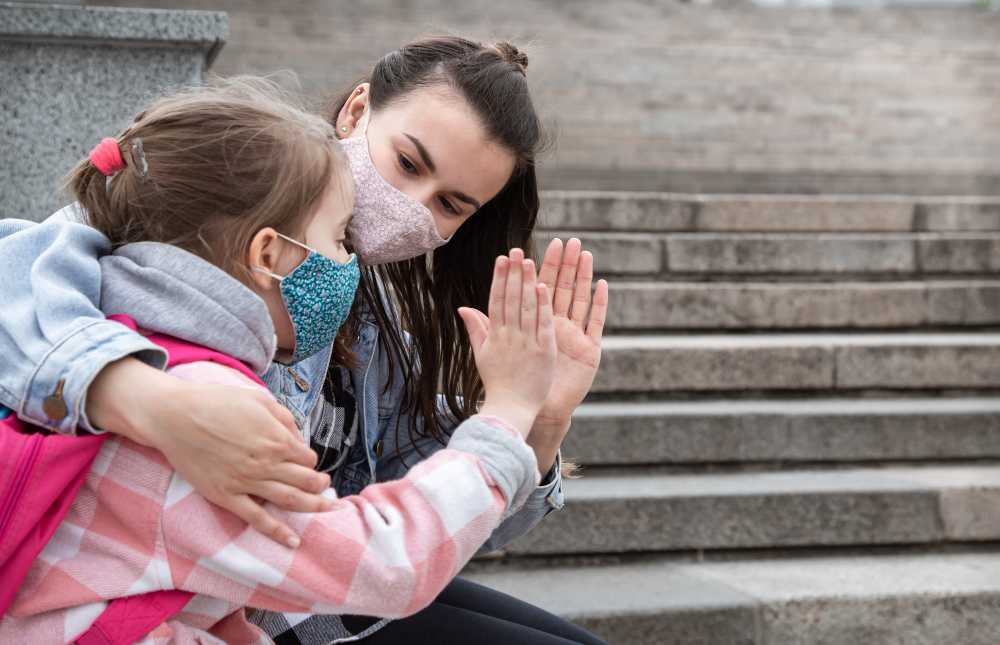Bird Flu: Symptoms, Causes, and Risk Factors – Dr Dad
What is bird flu?
Bird flu also called avian influenza, is a viral infection that can infect not only birds but also humans and other animals. Most forms of the virus are restricted to birds.
H5N1 is the most common form of bird flu. It’s deadly to birds and can easily affect humans and other animals that come in contact with a carrier. According to the World Health OrganizationTrusted Source, H5N1 was first discovered in humans in 1997 and has killed nearly 60 percentTrusted Source of those infected.
Currently, the virus isn’t known to spread via human-to-human contact. Still, some experts worry that H5N1 may pose a risk of becoming a pandemic threat to humans.
What are the symptoms of bird flu?
You may have an H5N1 infection if you experience typical flu-like symptoms such as:
- cough
- diarrhea
- respiratory difficulties
- fever (over 100.4°F or 38°C)
- headache
- muscle aches
- malaise
- runny nose
- sore throat
If you’re exposed to bird flu, you should notify staff before you arrive at the doctor’s office or hospital. Alerting them ahead of time will allow them to take precautions to protect staff and other patients before caring for you.
What causes bird flu?
Although there are several types of bird flu, H5N1 was the first avian influenza virus to infect humans. The first infection occurred in Hong Kong in 1997. The outbreak was linked to handling infected poultry.
H5N1 occurs naturally in wild waterfowl, but it can spread easily to domestic poultry. The disease is transmitted to humans through contact with infected bird feces, nasal secretions, or secretions from the mouth or eyes.
Consuming properly cooked poultry or eggs from infected birds doesn’t transmit the bird flu, but eggs should never be served runny. Meat is considered safe if it has been cooked to an internal temperature of 165ºF (73.9ºC).
What are bird flu risk factors?
H5N1 has the ability to survive for extended periods of time. Birds infected with H5N1 continue to release the virus in feces and saliva for as long as 10 days. Touching contaminated surfaces can spread the infection.
You may have a greater risk of contracting H5N1 if you are:
- a poultry farmer
- a traveler visiting affected areas
- exposed to infected birds
- someone who eats undercooked poultry or eggs
- a healthcare worker caring for infected patients
- a household member of an infected person
How is bird flu diagnosed?
The Centers for Disease Control and Prevention (CDC)Trusted Source has approved a test designed to identify avian influenza. The test is called influenza A/H5 (Asian lineage) virus real-time RT-PCR primer and probe set. It can offer preliminary results in only four hours. However, the test isn’t widely available.
Your doctor may also perform the following tests to look for the presence of the virus that causes bird flu:
- auscultation (a test that detects abnormal breath sounds)
- white blood cell differential
- nasopharyngeal culture
- chest X-ray
Additional tests can be done to assess the functioning of your heart, kidneys, and liver.
What’s the treatment for bird flu?
Different types of bird flu can cause different symptoms. As a result, treatments may vary.
In most cases, treatment with antiviral medication such as oseltamivir (Tamiflu) or zanamivir (Relenza) can help reduce the severity of the disease. However, the medication must be taken within 48 hours after symptoms first appear.
The virus that causes the human form of the flu can develop resistance to the two most common forms of antiviral medications, amantadine, and rimantadine (Flumadine). These medications shouldn’t be used to treat the disease.
Your family or others in close contact with you might also be prescribed antivirals as a preventive measure, even if they aren’t sick. You’ll be placed in isolation to avoid spreading the virus to others.
Your doctor may place you on a breathing machine if you develop a severe infection.
What’s the outlook for someone with bird flu?
The outlook for bird flu infection depends on the severity of the infection and the type of influenza virus causing it. H5N1 has a high mortality rate, while other types don’t.
Some potential complications include:
- sepsis (a possibly fatal inflammatory response to bacteria and other germs)
- pneumonia
- organ failure
- acute respiratory distress
Call your doctor if you have flu symptoms within 10 days of handling birds or traveling to areas with a known avian flu outbreak.
How is bird flu prevented?
Your doctor may recommend you get a flu shot so that you don’t also get a human strain of influenza. If you develop both the avian flu and human flu at the same time, it could create a new and possibly deadly form of the flu.
The CDC has issued no recommendations against traveling to countries that are affected by H5N1. However, you can minimize your risk by avoiding:
- open-air markets
- contact with infected birds
- undercooked poultry
Be sure to practice good hygiene and wash your hands regularly.
The FDA has approved a vaccine designed to protect against the avian flu, but the vaccine isn’t currently available to the public. Experts recommend that the vaccine be used if H5N1 begins to spread among people.
References: Healthline
You may like:
FAQs about immunization answered – Covid Vaccine
Is the Covid vaccine safe? Is the vaccination mandatory? FAQs about immunisation answered: Read More
![]()








